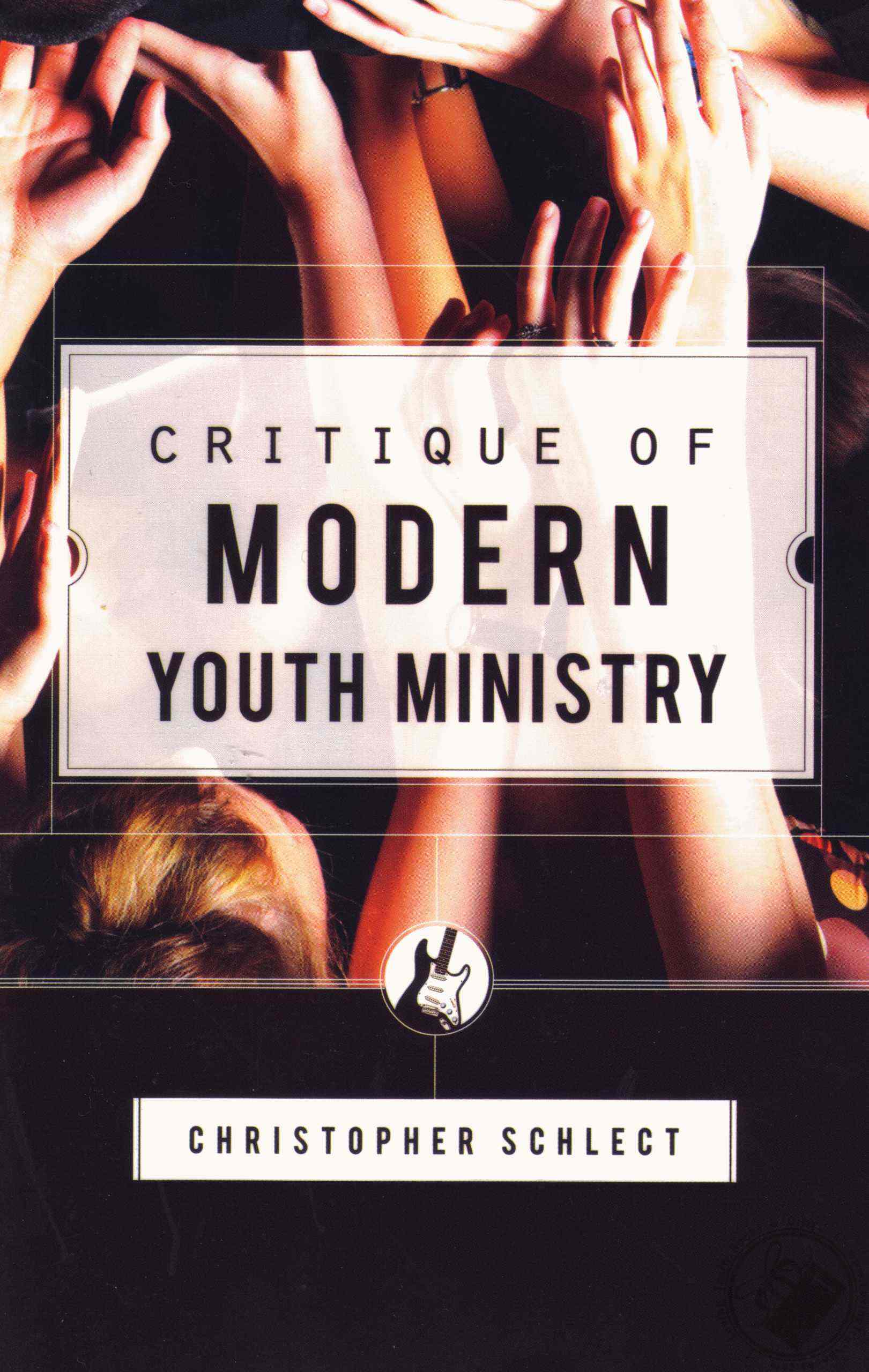 I can honestly say that in the last six years of being a
youth minister, I’ve seen the cultural norms and the atmosphere of youth
culture change drastically. For example,
it’s no longer the stray teen who doesn’t have their own cell phone, it’s the
stray teen who doesn’t have a smart phone.
And the impact of social media on understandings of relationship has
been enormous. So, as teen (and
worldwide) culture continues to evolve at a pace unlike anything the world has
ever seen, how do we meet our kids where we are to love them, speak truth into
their lives, and share Jesus with them?
I can honestly say that in the last six years of being a
youth minister, I’ve seen the cultural norms and the atmosphere of youth
culture change drastically. For example,
it’s no longer the stray teen who doesn’t have their own cell phone, it’s the
stray teen who doesn’t have a smart phone.
And the impact of social media on understandings of relationship has
been enormous. So, as teen (and
worldwide) culture continues to evolve at a pace unlike anything the world has
ever seen, how do we meet our kids where we are to love them, speak truth into
their lives, and share Jesus with them?
David Kinnaman, President of the Barna Group, (somewhat)
recently published a book called, You
Lost Me. Why Young Christians Are
Leaving Church…And Rethinking Faith, wherein he evaluates years of research
the Barna Group undertook in relation to the current population of 18-29 year
olds in America (who are deemed, “mosaics”).
He identifies three realities of our current culture that have implications
for any of us out there working in youth ministry (p. 21):
1) Teen church engagement remains robust… (while teens) are not growingup to be faithful young adult disciples of Christ.
2) Every story of disconnection requires a personal, tailor-made response.
3) The dropout problem is… a disciple-making problem. The church is not adequately preparing the next generation to follow Christ faithfully into a rapidly changing culture.
1) Teen church engagement remains robust… (while teens) are not growingup to be faithful young adult disciples of Christ.
2) Every story of disconnection requires a personal, tailor-made response.
3) The dropout problem is… a disciple-making problem. The church is not adequately preparing the next generation to follow Christ faithfully into a rapidly changing culture.
So, this means that we must seriously reconsider how we
approach youth ministry if we are no longer meeting kids where they are (since
‘where they are’ is an ever changing target).
Kinnaman uses the term ‘discontinuously different’ to describe this
‘ever changing target,’ meaning that the “cultural setting in which young
people have come of age is significantly changed from what was experienced
during the formative years of previous generations (p. 38).” They have unprecedented access to information,
analysis, relationships, and worldviews, they have unprecedented levels of
disconnection (and feelings of alienation) from family, community, and
institutions, and they have a changing spiritual narrative that includes a
large skepticism of authority. All of
these factors combine to create a melding pot of relativism and poorly defined
boundaries to meaning and truth.
 Consider: They have been raised in a culture of tolerance,
inclusiveness, diversity, and political correctness- ideals that have greatly
shaped their generation. They have a
compulsion toward unity, and they prioritize (their idea of) fairness over
rightness. The majority sees the church
as intolerable and exclusive. So what
now?
Consider: They have been raised in a culture of tolerance,
inclusiveness, diversity, and political correctness- ideals that have greatly
shaped their generation. They have a
compulsion toward unity, and they prioritize (their idea of) fairness over
rightness. The majority sees the church
as intolerable and exclusive. So what
now?
Kinnaman brilliantly explores some of the effects these
cultural realities are having on kids’ understandings of Christianity and the
church (highlighting science, sex, and doubt), and the book concludes by
offering some incredibly pertinent ideas for engaging our current teens in
meaningful ways in the body of Christ.
Three important things we can do to serve our kids are:
1) Rethink relationships with them (especially by fostering
intergenerational relationships)
2) Rediscover vocation with them, and
3) Reprioritize wisdom with them (as information is a
finger-swipe away, but the wisdom of how to interpret, understand, use, and
scrutinize that information is something that comes with time through
relational and process learning).
I cannot speak highly enough of this book: it is crucial for
us to better understand what is happening in the minds and hearts of our younger
generations, so that we may better love and serve them as the church. This book offers an insightful and pertinent
synthesis of a colossal amount of research and I recommend it to anyone working
in youth ministry!
Liz Edrington previously served as a youth minister at Christ Episcopal Church in Charlottesville, VA. Liz presently is pursuing a masters in counseling at Reformed Theological Seminary in Orlando, FL .
